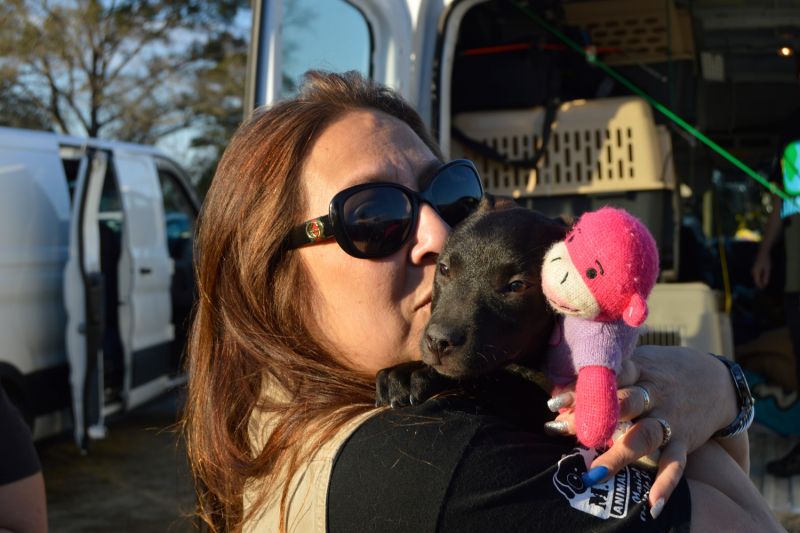Expand your foster network to combat COVID-19
Help your most vulnerable populations and the pets they love
March 12, 2020

With the World Health Organization officially declaring the new coronavirus a pandemic, there remains little doubt animal shelters and rescues will be impacted by COVID-19. Is mass surrender of pets likely? No. But shelters will experience some impact due to hospitalization of community members, volunteers and possibly even staff. The majority of people susceptible to the virus will experience mild symptoms and fully recover. For seniors and people with compromised immune systems, this virus is far more serious. These are the residents in our communities for whom many shelters already provide aid like food delivery, veterinary check-ins, dog walking assistance and many other support services.
How can we best prepare to help these citizens and their pets during this time of uncertainty? One major way is by expanding our foster networks, which will enable us to protect our most vulnerable community populations and the pets they love. Understanding that most infected by the coronavirus will not be hospitalized, we can pull together, community by community, to ensure that daily lifesaving work is not disrupted when pets need a place to stay while their owners recover.
Step #1: The first step is for shelter and rescue groups to educate their communities about the importance of pet owners having an emergency backup plan for pet care should the need arise. Pets will fare better if they receive care from a familiar person, ideally a loved one or family member, rather than relying on the sheltering system. By having a pet care backup plan, pet owners will actually be supporting their local shelter by ensuring the facility has space to meet the most critical community needs, rather than having to take in pets who have better options available. Encouraging pet owners to share instructions in advance with their designated caregiver will streamline the process and ensure the right person has all the pet’s vital information, including veterinarian contact information, medications, diet requirements, etc.
Step #2: Nonetheless, shelters and rescues must expect that some residents will have no one to rely upon during the major life disruption that an illness can bring. Therefore, building capacities of existing foster networks is paramount for shelters and rescues.
Anticipating that most of the pets requiring foster care due to coronavirus will be socialized, well-adapted pets, foster volunteer recruitment will be less challenging. Reserve more experienced foster volunteers for animals with behavioral challenges or medical issues entering the shelter under more typical circumstances.
Start the expansion process by checking in with current foster volunteers and asking them to recruit a foster partner, perhaps someone in their family or circle of friends. Regular fosters are experts! Sharing their knowledge with family and friends, they can expand our foster networks with ease, by recruiting and training. In crises, people have a strong desire to help their community, especially our pets. Ask your current foster parents to create videos of fostering at home—easily done with most smartphones—and share those videos on your social media channels to generate interest in fostering.
Step #3: Host a Foster-palooza! Invite the community to your shelter or rescue for an emergency foster volunteer recruitment event. Have current foster volunteers on-hand to answer questions and share their experiences. Shelters can build a foster-on-deck pipeline and train those candidates in advance, so that when the need arises, several foster volunteers will be at the ready to assist.
Emergency foster care is never convenient, so having a number of options for an incoming pet will make it easier. Ideally, the pet can transfer directly to the foster parent and bypass entering the shelter altogether. This will help mitigate stress for the pet and help keep shelter intake low. By providing the foster volunteers with food and supplies in advance, we can ready them to receive their temporary house guest without having preparation barriers. Create a tool kit for new foster parents that includes all the pertinent contact information and resources to help navigate a first-time foster experience. The best way to support new foster families will be to pair them with a foster mentor, a seasoned foster volunteer who specializes in the type of pet the new volunteer will be caring for.
The important work being done in shelters every day must continue regardless of a crisis. Just like any other disaster preparedness plan, by being proactive and asking for help early, shelters and rescues can engage their communities in being part of the solution, so that overcrowding doesn’t occur and shelter capacity isn’t compromised.
For more information and sample documents to navigate the coronavirus, visit the tool kit.

